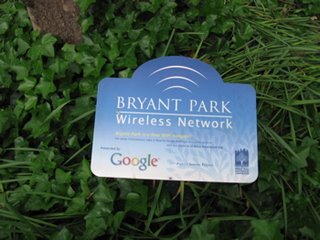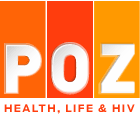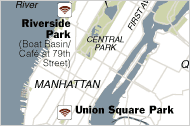
The Journal of Medical Internet Research is frequently a good resource for material on health-related technology research. A couple of recent articles are especially noteworthy.
A paper titled, "Internet Interventions for Long-Term Conditions: Patient and Caregiver Quality Criteria," by Cicely Kerr, Elizabeth Murray, Fiona Stevenson, Charles Gore, and Irwin Nazareth (J Med Internet Res 2006 (Jul 28); 8(3):e13), explores a patient-generated analysis of an online intervention.
And, a paper titled, "eHealth Literacy: Essential Skills for Consumer Health in a Networked World," Cameron D Norman, Harvey A Skinner (J Med Internet Res 2006 (Jun 16); 8(2):e9), reviews some of the important skills necessary for evaluating health information online.





